What is the Cost of Living a Nomadic Lifestyle?

Embracing a nomadic lifestyle is an incredible journey of freedom and exploration, where you break free from the conventional 9-to-5 routine tied to a single location.
It's all about continuous movement, whether you're traveling across continents in a van, hopping from one Airbnb to another, or even sailing across oceans. You get to immerse yourself in diverse cultures, meet new people, and find a home wherever you lay your hat.
But there is one big misconception surrounding this dream: the cost of living. Many believe that a nomadic lifestyle is expensive, only accessible to those with deep pockets or those willing to sacrifice comfort and stability.
But guess what? Living a nomadic life can actually be surprisingly affordable, and often more cost-effective than traditional living. The secret lies in smart budgeting, understanding the cost variables, and tailoring your lifestyle to your financial reality.
In this comprehensive guide, we're going to cover everything you need to know about the cost of living as a nomad, including important considerations, potential challenges and strategies for better budgeting. So, buckle up and let's dive right in.
What is a Nomadic Lifestyle?
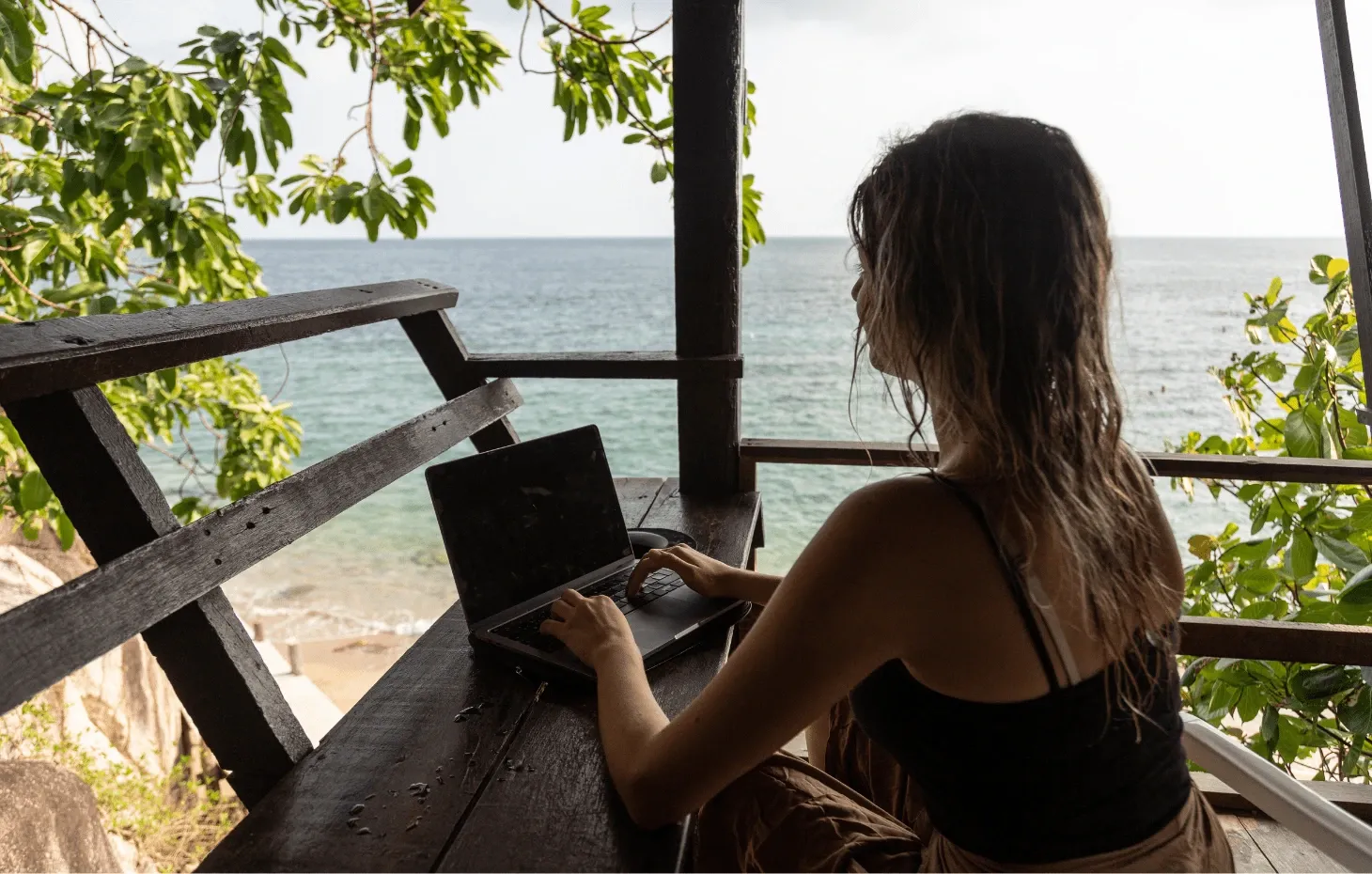
A nomadic lifestyle is about embracing mobility and the freedom to live, work, and play anywhere in the world. It offers endless possibilities and caters to diverse preferences. From digital nomadism, where technology enables remote work while exploring new places, to van life, where a converted van becomes a mobile home, there are many ways to embrace this lifestyle.
The key characteristics of a nomadic lifestyle usually include the following:
- Adopting a minimalist approach to possessions
- Cultivating a flexible mindset
- Embracing change with an adaptive attitude
Nomads generally value experiences over material goods, finding innovative ways to earn money while deeply appreciating different cultures and environments. It's not just about travel but an actual journey that reshapes perspectives on life, work, and personal fulfillment.
Which Factors Influence the Cost of Living as a Nomad?
The cost of living a nomadic lifestyle isn't the same for everyone. It depends on a few important factors: where you decide to explore, the kind of lifestyle you embrace while on the move, and how often you travel.
Knowing these factors is key to planning and maintaining a nomadic life that's both financially viable and personally rewarding. So, let's explore the details.
1. Regional Cost Differences
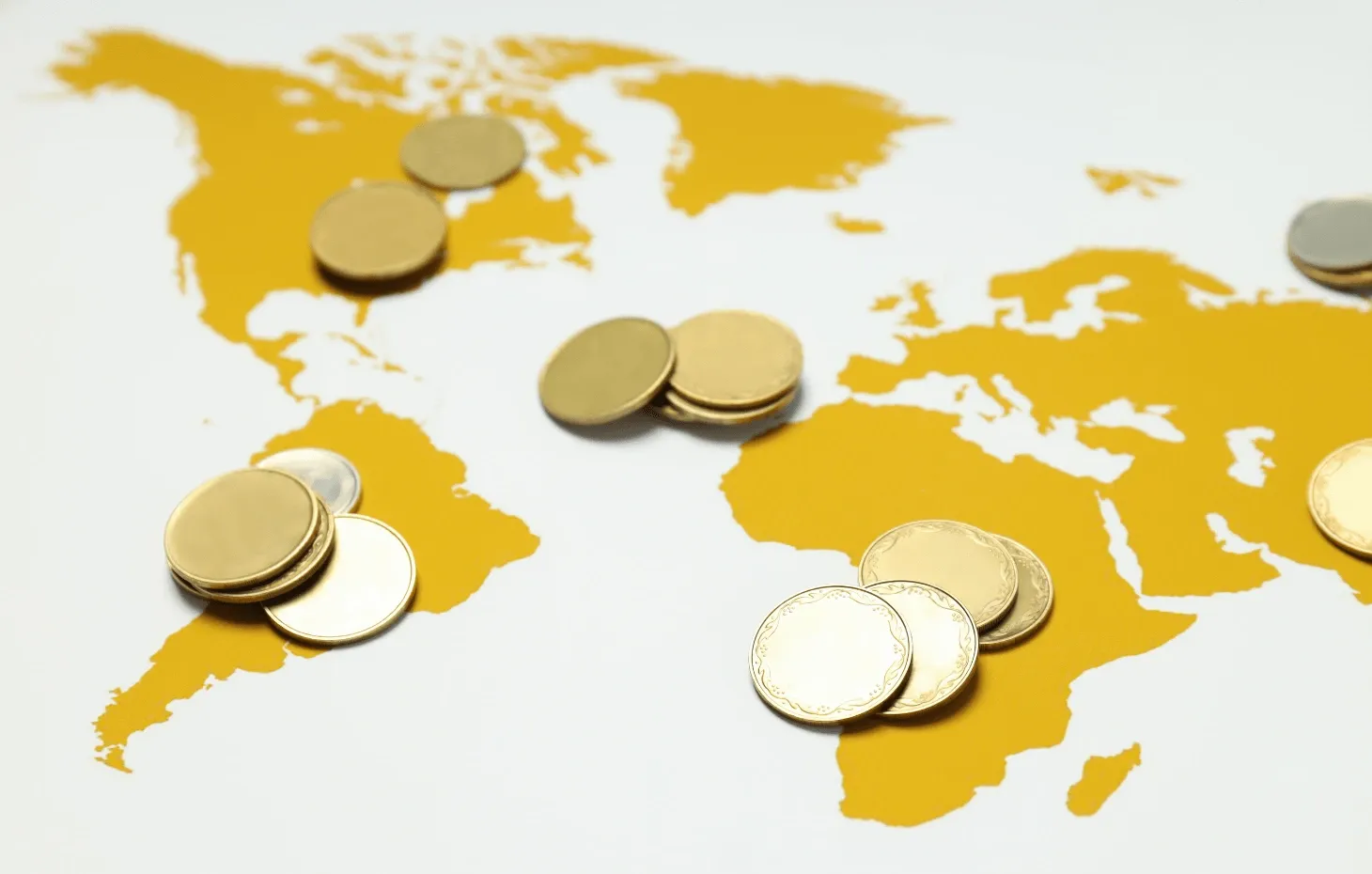
The world is a mosaic of economies and living costs, and this diversity directly impacts a nomadic budget. Some regions offer a low cost of living with ample opportunities for affordable travel and accommodation, while others pose a challenge with higher living expenses.
Inexpensive regions, such as parts of Southeast Asia and Central and South America, offer a balance of affordable living with rich cultural experiences. On the other hand, areas like Europe and North America are known for their higher cost of living, which can significantly impact your nomadic budget.
Cost Breakdown in Cheaper Locations
Countries like Thailand, Vietnam, and Malaysia are renowned for their affordability, making them great hotspots for nomads. The average monthly expenses in these countries can be significantly lower than in Western countries.
For instance, in Thailand, a nomad might spend around $1,000 to $1,500 per month, covering all essential expenses, including accommodation, local travel, food, and occasional leisure activities. To give you an idea, below you can find an example of a monthly expense breakdown from one of my recent digital nomad trips to Chang Mai:
| Expense Type | My Expenses |
|---|---|
| 🥖 Groceries | $80 |
| 🏨 Accommodation | $370 |
| ✈️ Transportation (Scooter rent, buses, Tuk Tuk, etc.) | $240 |
| 🏢 Coworking | $110.52 |
| 📱 SIM/eSIM Plan | $25.47 |
| 🧑⚕️ Insurance | $45.08 |
| ✨ Entertainment/Exploration | $100 |
| 🍽️ Restaurants/Dining Out | $150 |
| TOTAL | $1,121.07 |
Cost Breakdown in More Expensive Locations
This starkly contrasts the cost of living in regions like Europe and North America which require a more substantial budget. In cities like New York or London, the monthly expenses almost double or triple that of cheaper locations and easily exceed $3,000.
For instance, a digital nomad in Europe might expect a budget of around $2,500 to $4,000 per month, depending on the country and city. And if you want an actual example of real-life expenses, this is one from a trip I recently made to London.
| Expense Type | My Expenses |
|---|---|
| 🥖 Groceries | $400 |
| 🏨 Accommodation | $1,700 |
| ✈️ Transportation (Buses, Trains, etc.) | $170 |
| 🏢 Coworking | $217.20 |
| 📱 SIM/eSIM Plan | $36 |
| 🧑⚕️ Insurance | $45.08 |
| ✨ Entertainment/Exploration | $400 |
| 🍽️ Restaurants/Dining Out | $300 |
| TOTAL | $3,268.28 |
You can clearly see how the above budget covers expenses similar to those in Southeast Asia but at a higher rate due to increased accommodation, entertainment, food, and grocery costs.
2. Lifestyle Preferences
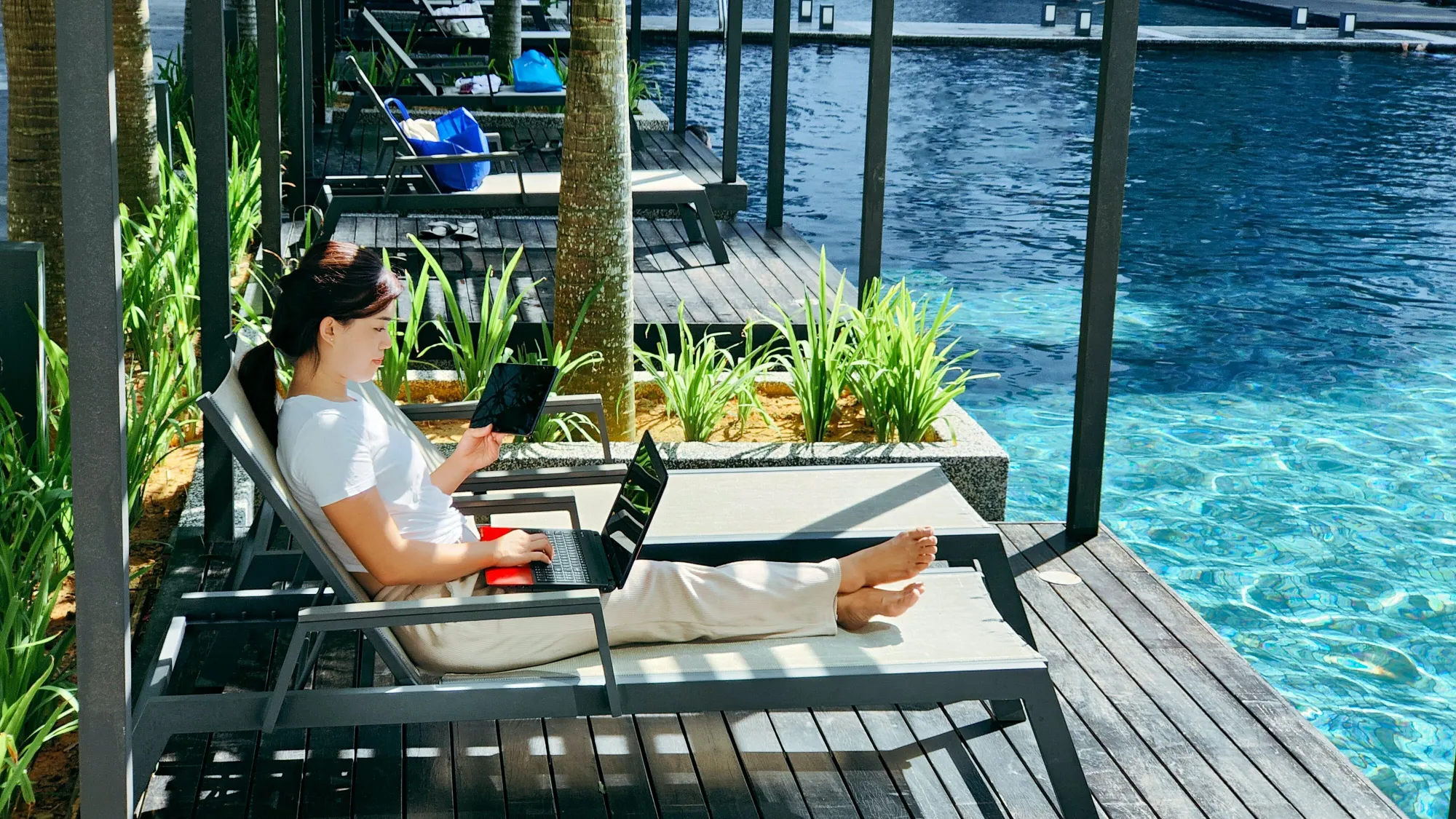
Another factor that plays a significant role in determining the cost of living a nomadic lifestyle are personal lifestyle choices. Each nomad has their own priorities and preferences, which naturally lead to different expenses. For instance, some nomads prefer a more luxurious travel style, opting for high-end accommodations and unique experiences. On the other hand, there are those who choose budget-friendly options like hostels or camping.
Let's talk about backpackers for instance, who truly embody the spirit of low-cost travel. They explore the world with a minimalistic approach, focusing on experiences rather than luxury. It's quite the opposite of lifestyles like yacht living (also called "yachties") which tend to be much more expensive due to the costs associated with maintaining and operating a boat.
Similarly, solo travelers may have different expenses compared to those traveling as a couple or as a family. This is because sharing costs can definitely help reduce individual expenses.
So, you see, personal choices can have a major impact on the cost of living a nomadic lifestyle.
3. Travel Frequency
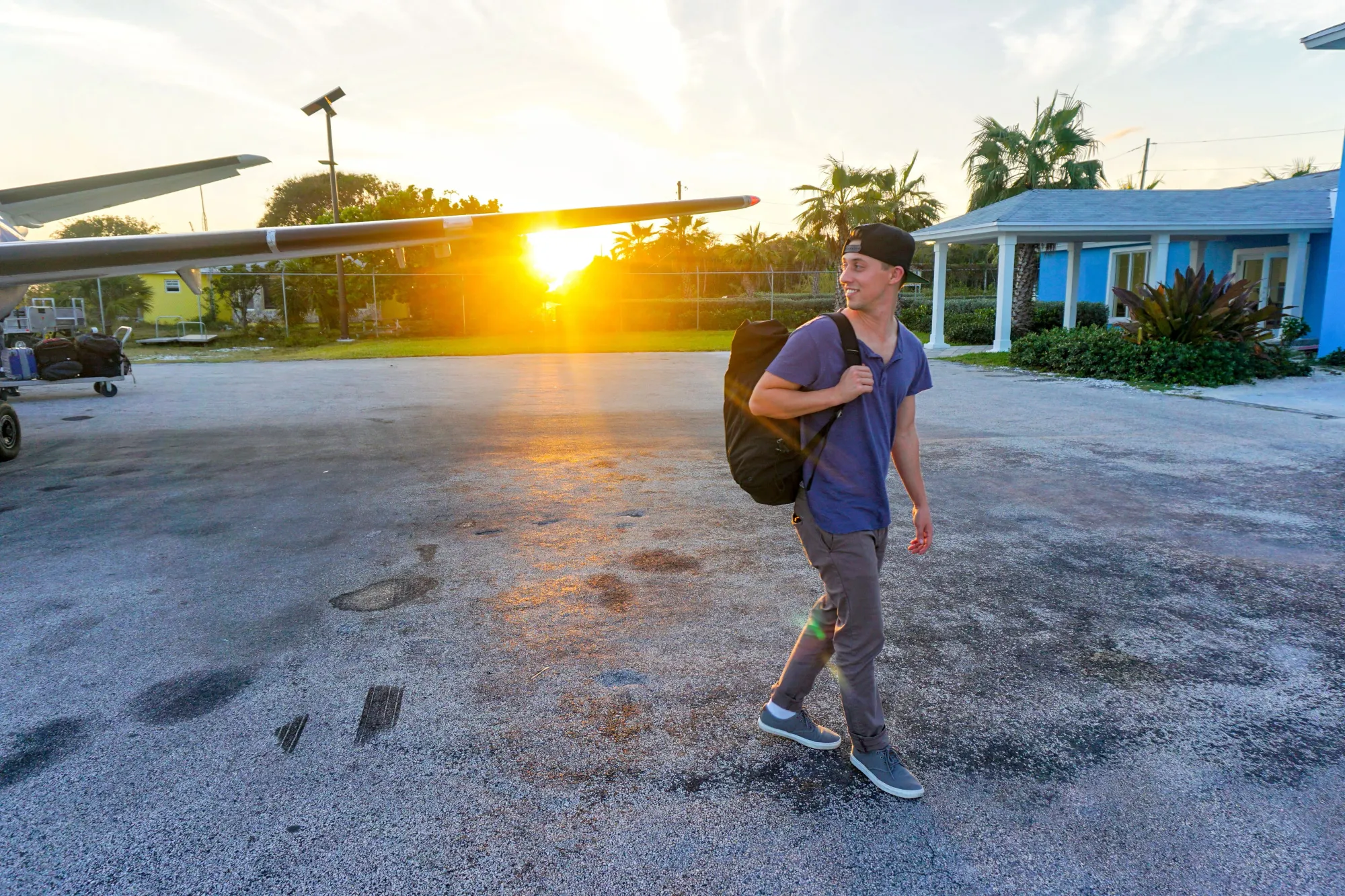
The last crucial factor affecting the cost of nomadic living is travel frequency. How often a nomad moves from one place to another can substantially impact their budget. Generally, the more frequently you travel, the higher your expenses, mainly due to transportation costs.
Slow Travel vs Fast Travel
In terms of travel frequency, the nomadic community has two primary travel styles: slow travel and fast travel. Slow travelers tend to stay in one location for an extended period, which can lead to reduced transportation costs and opportunities for more in-depth cultural immersion. They often benefit from lower accommodation rates for more extended stays and have the time to discover cost-effective local options for food and activities.
On the other hand, fast travel involves moving from one location to another more quickly, increasing transportation expenses and often leading to higher overall costs. Fast travelers may experience a broader range of cultures and locations in a shorter time, but this comes at a financial premium (trust me, I experienced this myself!).
Initial Setup Costs to Start a Nomadic Lifestyle

If you are planning to embrace a nomadic lifestyle, it's important to be prepared for some upfront costs. The amount you'll need to invest can vary depending on the way you choose to live.
For digital nomads, reliable tech gear like laptops, travel backpacks, and portable Wi-Fi devices are essential. These can add up to several hundreds dollars in startup expenses. On the other hand, if you're interested in van life, your primary investment will be the van itself. Costs can range from a few thousand dollars for a refurbished used van to over $50,000 for a brand new, custom-fitted vehicle!
That's why it's crucial to budget wisely for these initial expenses. If you are an aspiring nomad, you should research extensively to find the best deals and consider your needs versus wants to avoid unnecessary expenses. On top of that, it's a good idea to set up a savings plan specifically for these initial costs to help you ease the financial burden.
Ongoing Expenses to Maintain a Nomadic Lifestyle
Once on the road, as a nomad, you will be facing various ongoing expenses, which can be broadly categorized into 4 main categories: accommodation, travel, food, and insurance.
Accommodation Costs
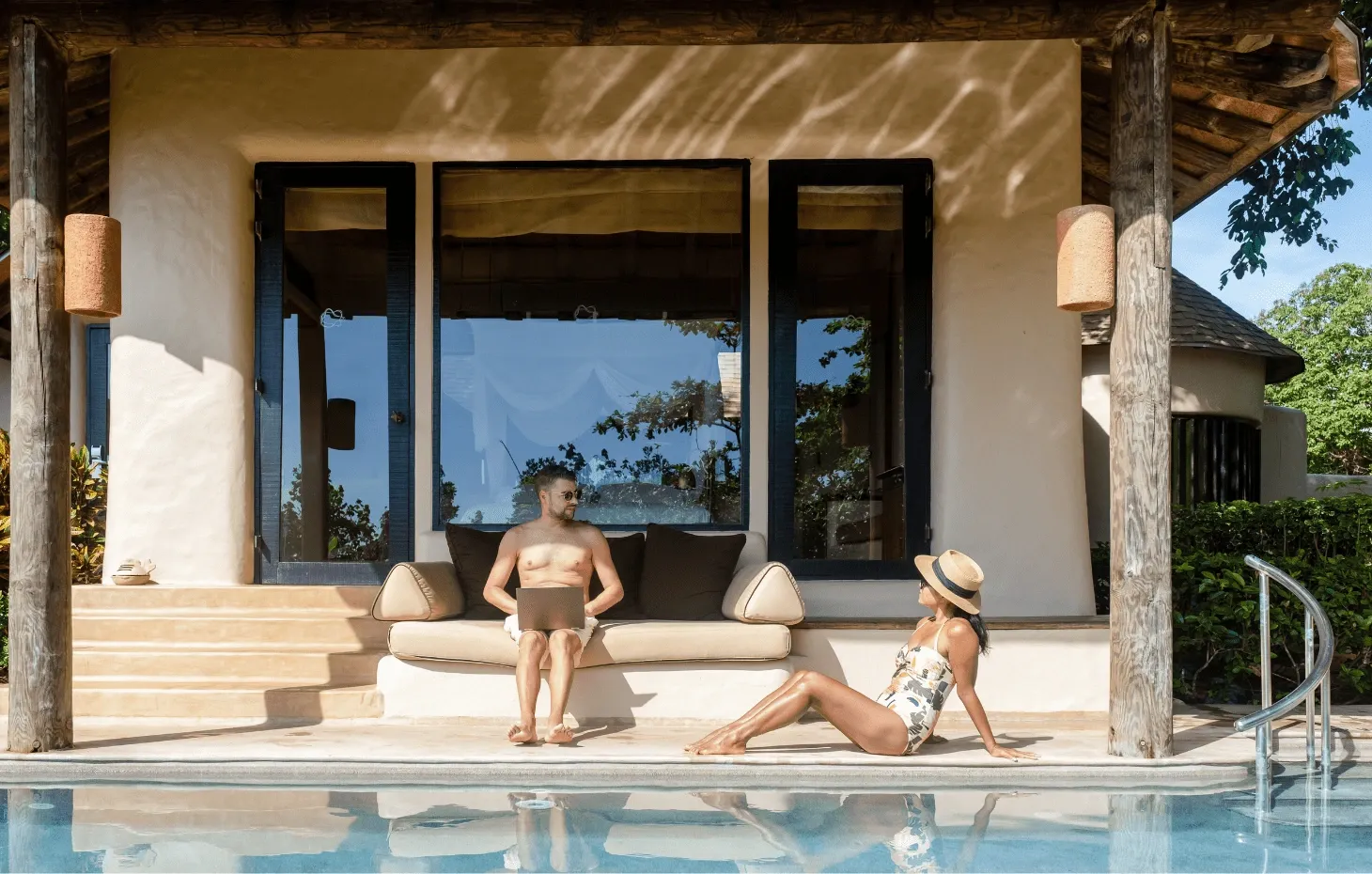
When it comes to accommodation costs, there's a wide range of options depending on your lifestyle. For digital nomads, short-term apartment rental or hotel rooms can vary from $300 to over $1,000 in more expensive locations. On the other hand, nomads like van lifers might need to take into account for campgrounds or RV park costs which range from $15 to $65 per night.
Factors like location, season, and desired comfort level can massively influence the prices, making it difficult to give an exact figure. However, it's safe to say that accommodation costs will make up a significant portion, sometimes even more than 50%, of your overall expenses.
Travel Costs
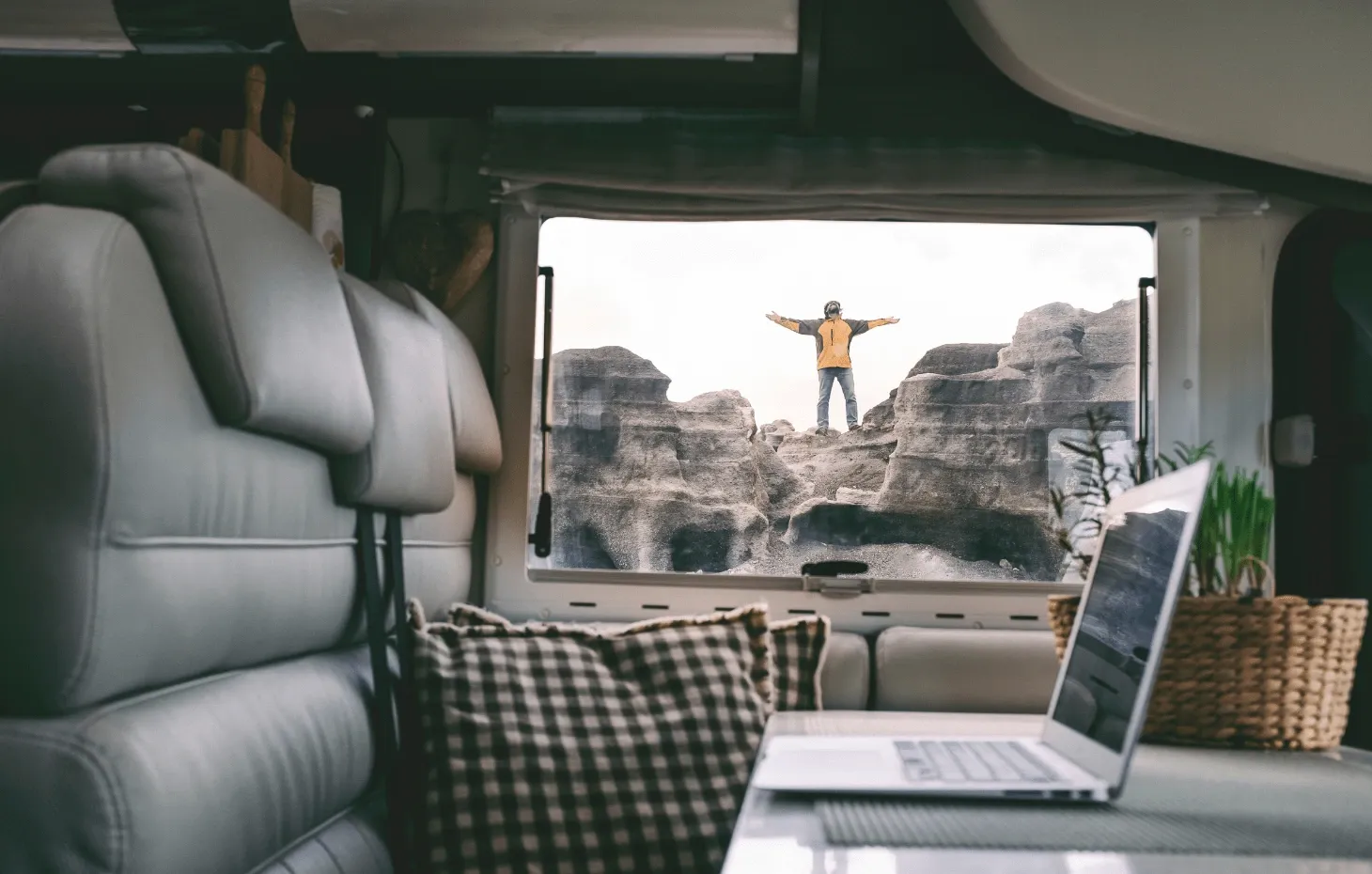
When talking about travel expenses, there are a few things to consider. If you're flying or taking trains and buses, transportation tickets are a given. But for those living the van life or for digital nomads who want to better explore surrounding areas, fuel costs come into play.
Luckily, there are ways to keep those costs in check. Opting for more affordable transport options like buses, trains or even ride-sharing apps in some countries can help, especially if they're widely available in your area.
Another tip here is to plan your travels during off-peak seasons. By doing so, you can save some money while still enjoying your adventures.
Food Costs

Food expenses are another variable that will add up to your final expenses. Cooking and sourcing local ingredients can be definitely more cost-effective than eating out.
As nomads, we will often need to adjust our dining habits based on our current location to optimize our food budget.
Insurance Costs
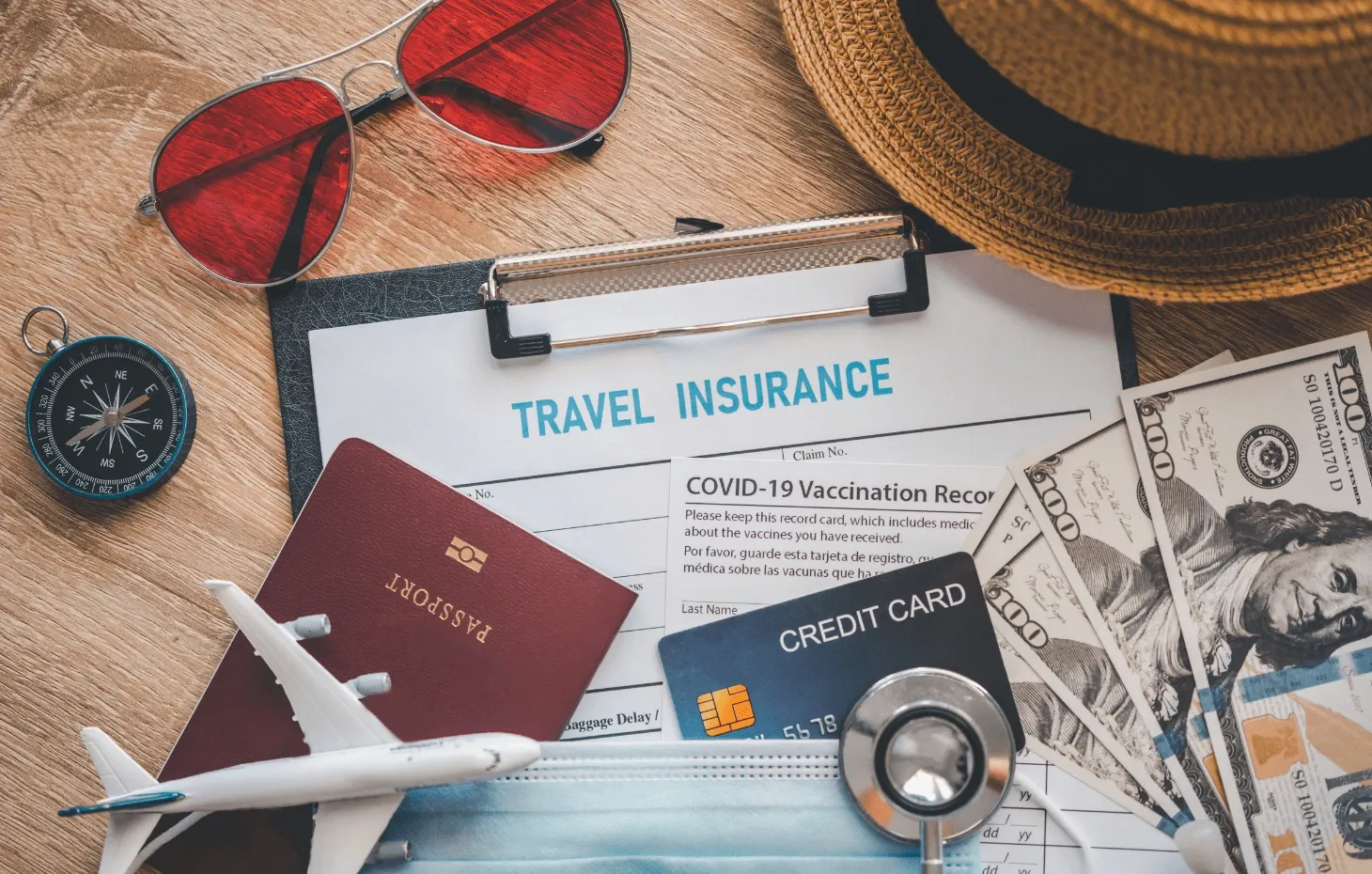
Insurance, including health, vehicle, and travel insurance, is the last crucial but often overlooked expense. It's wise to ensure that you, as a nomad, are adequately covered for a range of unexpected scenarios.
Although all these expenses add a significant amount to the monthly budget ongoing expenses, they can often compare to, or even be lower than, the costs of a traditional sedentary lifestyle.
This is especially through when factoring in potential savings on utilities, property rent or mortgage, and commuting costs that people living a sedentary lifestyle would have.
Flexibility and Financial Management When Living as a Nomad
We talked about the type of expenses you will typically encounter, but something I want to mention here is the importance of flexibility. This is a fundamental component of successful financial management in a nomadic lifestyle.
Nomads must, in fact, be prepared to adapt their spending, travel plans, and even income strategies based on their current financial situation. This adaptability might mean staying longer in more affordable regions, altering travel plans to take advantage of deals, or adjusting lifestyle choices to align with financial realities.
We will talk about more specific financial planning and budget strategies in the upcoming paragraphs.
Common Income Sources for Nomads
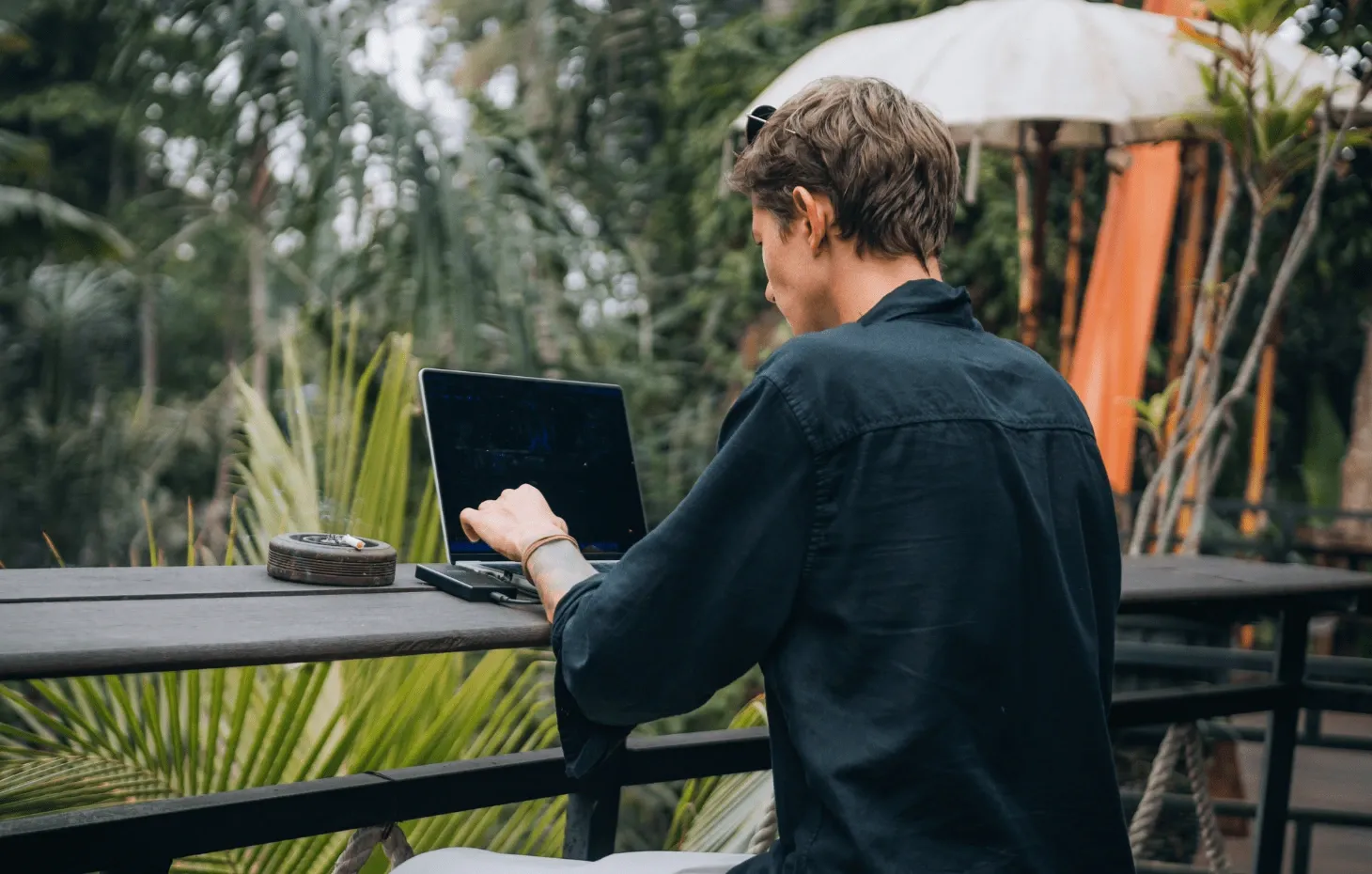
Of course, for many of us, sustaining a nomadic lifestyle requires a reliable income stream. Common sources of income for nomads usually include remote work, freelancing, entrepreneurship, and passive income. Each of these has its unique characteristics and can contribute to your financial sustainability while on the move. Let's look at them one by one.
Remote Work
Remote work is the most popular income source for many digital nomads as it allows you to work for a company from anywhere in the world, without being tied to a traditional office. The flexibility it offers is perfect for those who embrace a nomadic lifestyle.
Salaries for remote jobs vary greatly depending on the industry, role, and your experience level. For example, a remote software developer can earn an average annual salary ranging from $70,000 to over $100,000, while a remote customer service representative might earn between $30,000 to $50,000 per year.
Freelancing
Another popular choice among nomads is freelancing. It offers individuals the freedom to work independently and provide services to clients on a project or contract basis. From writing and graphic design to web development, SEO, and consulting, freelancers can have a wide range of professions.
But one of the great things about freelancing is the flexibility it provides. Freelancers can set their own hourly or project rates based on their expertise and demand. For example, SEO specialists may charge generally anywhere from $20 to $100 per hour, while UX designers or developers could command rates of $50 to $150 per hour.
Entrepreneurship
Entrepreneurship among nomads is less popular, but undoubtedly one of the most rewarding ones, I must say. This way of earning an income often involves creating and running an online business that can be managed remotely.
Successful nomad entrepreneurs like Nomadic Matt and Pieter Levels of Nomadlist have shown that it's possible to build profitable ventures while living a nomadic lifestyle. While their exact earnings are private (and for good reasons), these entrepreneurs have built substantial businesses, with revenues often surpassing the seven figures. These examples serve as inspiration, showing that with the right idea and execution, nomadic living can align with entrepreneurial success.
Passive Income
Passive income refers to earnings derived from sources in which individuals are not actively involved, such as rental income, dividends, or online courses. It offers nomads another way to sustain their lifestyle while on the move. It's important to note that while passive income can provide a supplementary income stream, very few people rely solely on it to support their nomadic lifestyle.
For instance, someone might earn a few hundred to a few thousand dollars per month through rental properties or online course sales. However, this income typically complements other sources, ensuring a more stable financial foundation for a nomadic life. So, while passive income can be a valuable addition, diversifying income streams is key for a sustainable nomadic lifestyle.
3 Essential Budgeting and Cost-Saving Strategies

Let's talk now about some budgeting and cost-saving strategies, which can be a lifesaver for maintaining a sustainable nomadic lifestyle. These strategies will help you manage your finances efficiently, ensuring that the journey remains financially viable in the long term. Here are my favorite strategies nomads often use to keep their expenses in check:
1. Slow Travel for Cost Efficiency
As we discussed earlier, slow travel is a strategy where nomads choose to stay in one location for an extended period of time. This approach brings along numerous financial benefits that are worth considering. When you stay longer in a place, you often get the advantage of lower accommodation costs. Many places offer discounts for extended rental bookings, which can help you save some money.
Not only that, but slow travel also gives you the opportunity to dive deeper into the local market, discover cost-effective shopping options, and steer clear of tourist traps. And let's not forget about the transportation costs! Spending more time in one place means you won't have to rely on frequent flights or long-distance travel as much, which can significantly reduce your expenses.
2. Regional Travel for Reducing Transportation Costs
Another effective strategy is to focus on regional travel. Instead of hopping between distant countries, nomads can explore a specific region in depth. This approach not only allows for a richer cultural experience but also significantly cuts down on transportation costs. Traveling within a region often means cheaper flights, shorter journeys, or even overland travel options like buses or trains, which are far cheaper compared to intercontinental flights.
3. Using Budgeting Tools for Tracking Personal Finances
I strongly believe that effective financial management for nomads is only possible with proper budget tracking. And utilizing budgeting tools is essential for keeping a close eye on expenses and income. There are a ton of budgeting apps and online tools for this purpose.
At Freaking Nomads, we have built our own custom budgeting template, which is designed to cater to the unique needs that we face as digital nomads. This tool allows us to track our personal spending which in turn can help us setting realistic budget goals, and monitor our financial health over time.
If you are interested in checking it out, you can download it for FREE here.
So, Is Nomadic Living for Me?
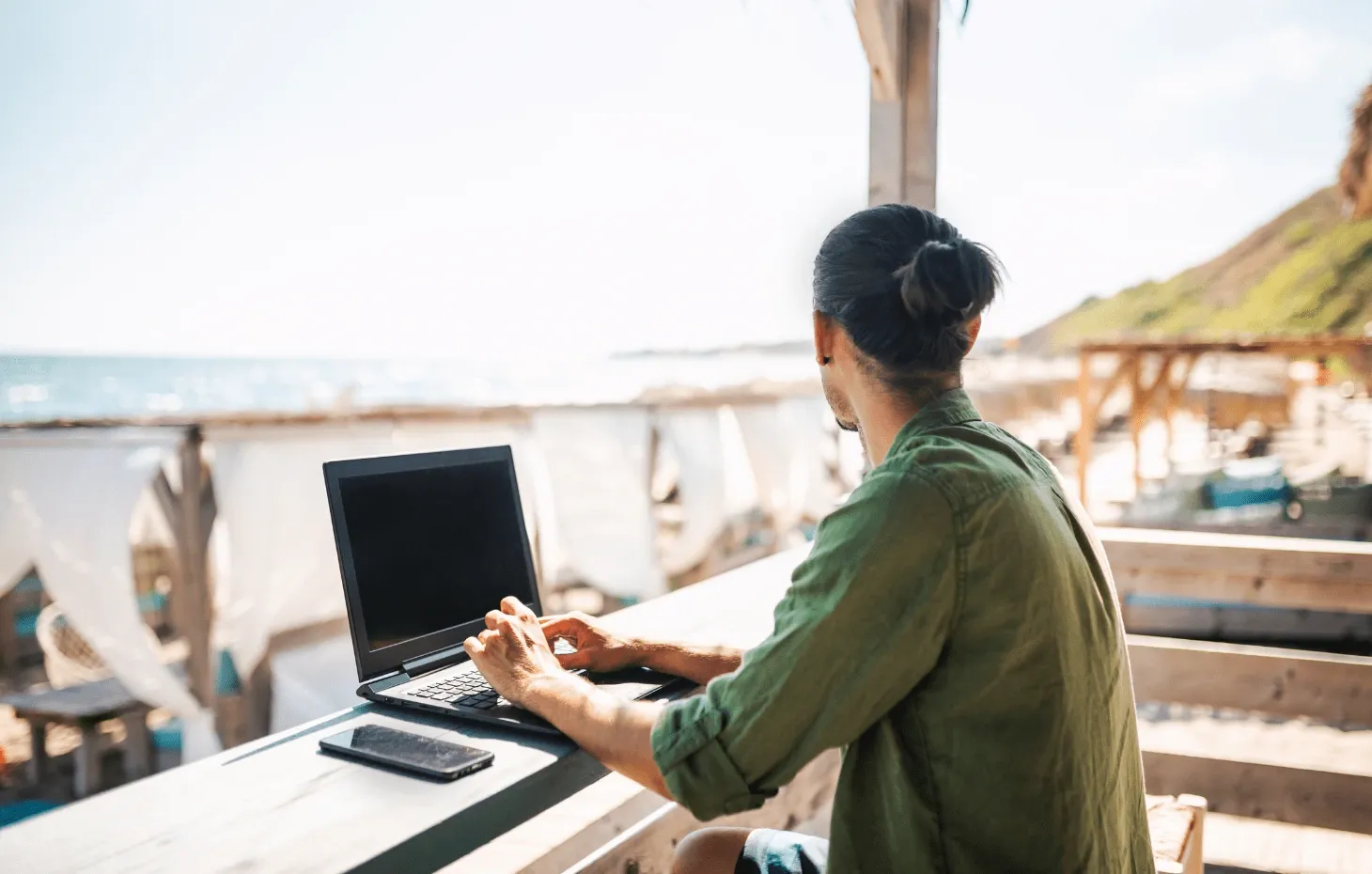
If you get to this point, it means that you are really drawn to the idea of living life on your own terms, exploring new cultures, and forging your own path. It's an incredible journey of self-discovery, resilience, and adaptability, which offers a unique way to experience the world.
And with the right approach to finances, it's a lifestyle that is not only attainable but also enriching and fulfilling.
As we've discovered, nomadic living costs can be reasonable and they greatly depend on factors like location, lifestyle preferences, and travel frequency. And with proper planning and budgeting, along with a clear understanding of income options, living a nomadic life can be surprisingly affordable and sustainable.
And remember:
The essence of nomadism lies not just in the places you visit but in the journey toward financial freedom and personal growth.
Ready To Begin Your Nomadic Journey?
If you want more digital nomad guides like these, sign up for our free newsletter and get upcoming articles straight to your inbox!
Freaking Nomads is supported by you. Clicking through our links may earn us a small affiliate commission, and that's what allows us to keep producing free, helpful content. Learn more



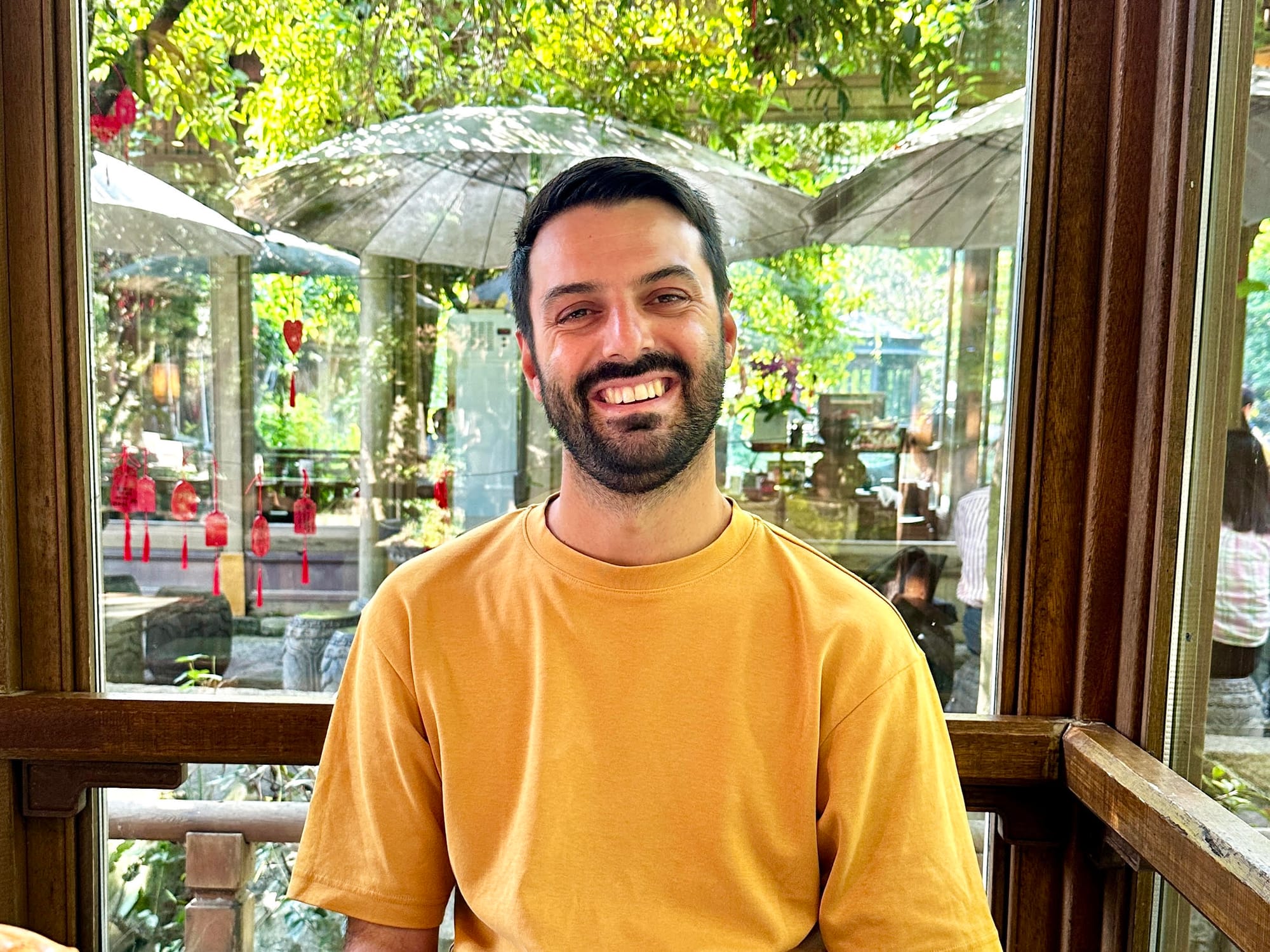
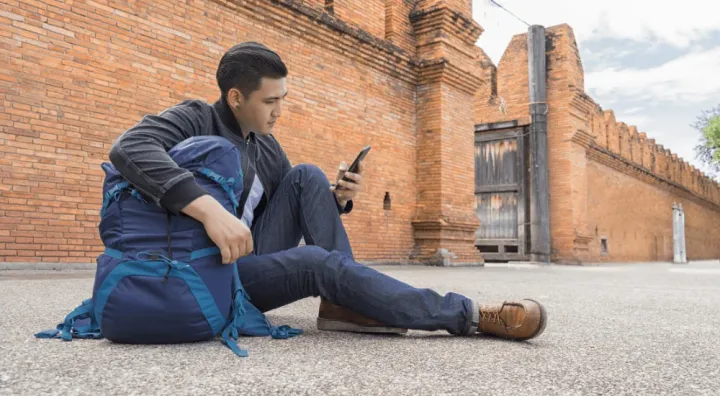

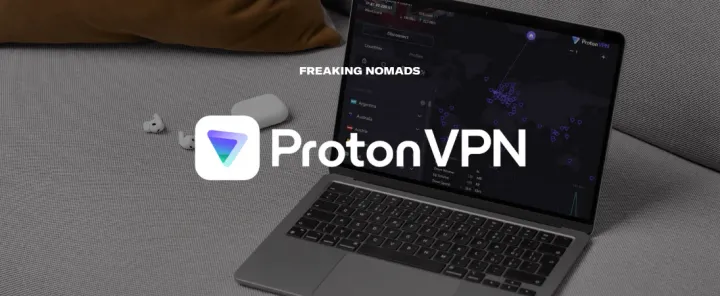
 Travel tips, hacks, and news
Travel tips, hacks, and news Exclusive travel discounts
Exclusive travel discounts Offers and promotions
Offers and promotions Digital nomad inspiration
Digital nomad inspiration Latest articles form our blog
Latest articles form our blog
Comments ()